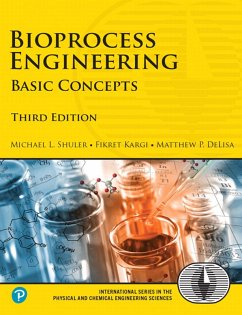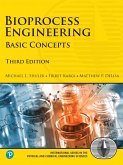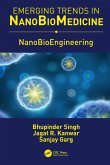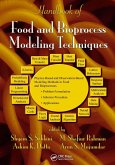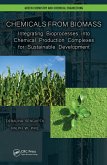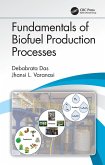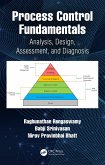The Leading Introduction to Biochemical and Bioprocess Engineering, Updated with Key Advances in Productivity, Innovation, and Safety
Bioprocess Engineering, Third Edition, is an extensive update of the world's leading introductory textbook on biochemical and bioprocess engineering and reflects key advances in productivity, innovation, and safety.
The authors review relevant fundamentals of biochemistry, microbiology, and molecular biology, including enzymes, cell functions and growth, major metabolic pathways, alteration of cellular information, and other key topics. They then introduce evolving biological tools for manipulating cell biology more effectively and to reduce costs of bioprocesses.
This edition presents major advances in the production of biologicals; highly productive techniques for making heterologous proteins; new commercial applications for both animal and plant cell cultures; key improvements in recombinant DNA microbe engineering; techniques for more consistent authentic post-translational processing of proteins; and other advanced topics. It includes new, improved, or expanded coverage of
- The role of small RNAs as regulators
- Transcription, translation, regulation, and differences between prokaryotes and eukaryotes
- Cell-free processes, metabolic engineering, and protein engineering
- Biofuels and energy, including coordinated enzyme systems, mixed-inhibition and enzyme-activation kinetics, and two-phase enzymatic reactions
- Synthetic biology
- The growing role of genomics and epigenomics Population balances and the Gompetz equation for batch growth and product formation
- Microreactors for scale-up/scale-down, including rapid scale-up of vaccine production
- The development of single-use technology in bioprocesses
- Stem cell technology and utilization
- Use of microfabrication, nanobiotechnology, and 3D printing techniques
- Advances in animal and plant cell biotechnology
Dieser Download kann aus rechtlichen Gründen nur mit Rechnungsadresse in A, B, BG, CY, CZ, D, DK, EW, E, FIN, F, GR, HR, H, IRL, I, LT, L, LR, M, NL, PL, P, R, S, SLO, SK ausgeliefert werden.

